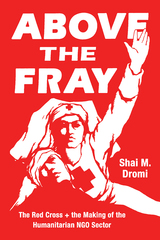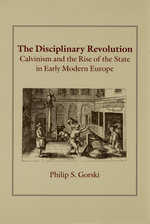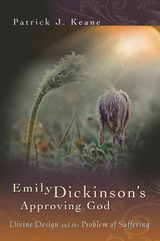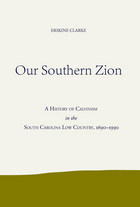
Drawing on archival research, Dromi traces the genesis of the Red Cross to a Calvinist movement working in mid-nineteenth-century Geneva. He shows how global humanitarian policies emerged from the Red Cross founding members’ faith that an international volunteer program not beholden to the state was the only ethical way to provide relief to victims of armed conflict. By illustrating how Calvinism shaped the humanitarian field, Dromi argues for the key role belief systems play in establishing social fields and institutions. Ultimately, Dromi shows the immeasurable social good that NGOs have achieved, but also points to their limitations and suggests that alternative models of humanitarian relief need to be considered.



Isaac Backus, whose career spanned the sixty years from the First to the Second Great Awakening, was the most forceful and effective spokesman for the evangelical theory of the separation of church and state that America has produced. In this respect, as William McLoughlin points out in his detailed and perceptive Introduction, Backus deserves to rank with Roger Williams and Thomas Jefferson. His ambition, not finally achieved until a generation after his death, was to obtain religious liberty and equality for all sects through the disestablishment of the Congregational churches in New England.
Born in Connecticut in 1724, Backus began his ministerial life as a lay exhorter for the Separate Baptists; eventually, in 1766, he helped found the antipedobaptist church. In the course of his long career he contributed significantly to the rationale of the Baptist movement and to the reconciliation of Calvin's beliefs in human depravity and predestination with the Enlightenment's faith in free will and self-determination. This collection of his writings, made available here for the first time in more than a century, emphasizes his contribution to the movement for the separation of church and state—an effort for which he is historically most notable.

An exploration of the ways a particular religious tradition and a distinct social context have interacted over a 300-year period, including the unique story of the oldest and largest African American Calvinist community in America
The South Carolina low country has long been regarded—not only in popular imagination and paperback novels but also by respected scholars—as a region dominated by what earlier historians called “a cavalier spirit” and by what later historians have simply described as “a wholehearted devotion to amusement and the neglect of religion and intellectual pursuits.” Such images of the low country have been powerful interpreters of the region because they have had some foundation in social and cultural realities. It is a thesis of this study, however, that there has been a strong Calvinist community in the Carolina low country since its establishment as a British colony and that this community (including in its membership both whites and after the 1740s significant numbers of African Americans) contradicts many of the images of the "received version" of the region. Rather than a devotion to amusement and a neglect of religion and intellectual interests, this community has been marked throughout most of its history by its disciplined religious life, its intellectual pursuits, and its work ethic.
READERS
Browse our collection.
PUBLISHERS
See BiblioVault's publisher services.
STUDENT SERVICES
Files for college accessibility offices.
UChicago Accessibility Resources
home | accessibility | search | about | contact us
BiblioVault ® 2001 - 2024
The University of Chicago Press









